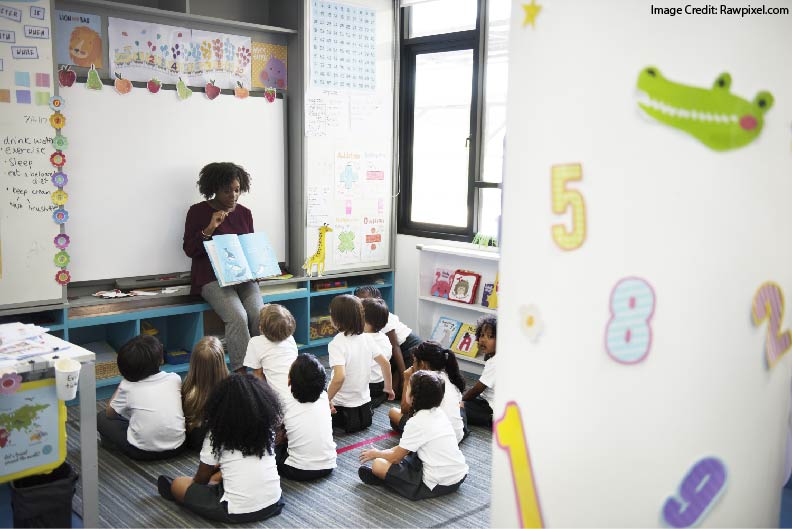
When Daniel Willingham wrote Why Don’t Students Like School, he accomplished a mini-miracle: he made abstract psychology research…
…easy to understand, and
… obviously helpful to classroom teachers.
Its invaluable pages include emphatically practical teaching advice: “memory is the residue of thought,” novices and experts think differently. (Little wonder its third edition was just published.)
In his third chapter, Willingham included one important strategy for helping students understand and remember: use stories.
We understand and remember stories for many reasons:
They follow a familiar cause/effect structure.
They focus on people and conflicts.
We (most of us) grew up hearing stories.
Stories evoke emotions.
Expository writing — essays, textbooks — has its own advantages, but they probably can’t compete with the advantages of narrative.
Today’s News
Willingham first published Why Don’t Students Like School in 2009. What have we learned about narratives vs. exposition since then?
After all, research conclusions change over time. Does this advice still hold?
Earlier this year, Raymond Mar and colleagues published a meta-analysis of research on this topic. They wanted to know:
Does narrative presentation of information improve memory, compared to expository texts?
Does it improve comprehension?
Are there boundary conditions?
They identified 37 studies (with 78 data sets and more than 33,000 participants!) that matched their criteria.
So, what did they find?
The Envelope Please…
Sure enough, narratives help students understand. And they help students remember. And — this news is surprising to me — those benefits don’t have quirky exceptions. (Most research findings do: e.g., “This technique works in these circumstances but not those.”)
For the stats minded, they calculated a Hedges’s g of 0.55. In my experience, that’s a surprisingly big effect for measurements across such a big field. (Hedges’s g is a version of Cohen’s d — it’s more appropriate for meta-analyses.)
One of my favorite examples of this strategy wasn’t (I believe) included in this study. McNamara and Scott asked students to remember a list of words. They coached one group to turn those words into a story.
Given the words “foot, cow, shirt, hut,” students created sentences like “my foot was stepped on by a cow that wore a shirt and lived in a hut.”
McNamara and Scott coached the other students to remember their words by “thinking out loud.”
Sure enough, the group that composed stories remembered a lot more words.
Getting the Story Just Right
Although Mar’s meta-analysis did not find boundary conditions, I do want to add a note of caution. This advice — like so much of cognitive science — can be easily misconstrued.
The idea makes sense, but its classroom application can be tricky.
Imagine that, as a science teacher, I want my students to understand Boyle’s Law. I’m tempted to tell my students that P1V1=P2V2, to define the various terms, and to run some sample problems.
If I hear the advice that stories improve comprehension, I’m probably tempted to tell some interesting stories about Boyle’s life. For instance, he made a list a wish list of 24 inventions (a machine that could fly, drugs that could “exalt the imagination”). Way back in the 1600s! So cool!!
That story is interesting and memorable, but it doesn’t have anything to do with the pressure or volume of gas.
I shouldn’t shouldn’t, in other words, tell stories about the general subject; we’ve got lots of research about the dangers of “seductive details.”
I should instead tell stories tailored specifically to the meaning and importance of the topic.
Why does the relationship between volume and pressure matter?
Who else was trying to find out?
What changed as a result of Boyle’s discovery?
If I can fashion those questions into a story, now I’ve got all the characteristics of a memorable narrative: cause and effect, personal conflict, familiarity, and emotion.
And, all those benefits attach to the content I want my students to learn.
In Brief
Do narratives help students understand and remember?
Yes, the right stories do.






